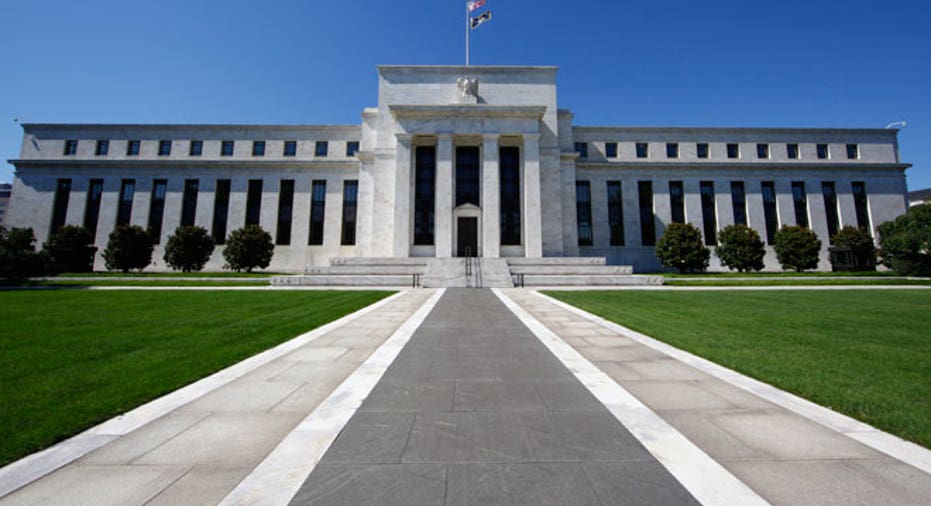Fed's Lockhart Still Sees 2015 Rate Hike

An influential Federal Reserve bank president said Monday that he expects the central bank to raise interest rates at some point in 2015, even as U.S. stock markets plunged into correction territory.
Atlanta Fed President Dennis Lockhart kept to the widely-held position that rates will start moving higher later this year and repeated the central bank’s often-stated message that rates will move higher gradually once actual liftoff begins.
“I expect the normalization of monetary policy—that is, interest rates—to begin sometime this year,” Lockhart said in a speech in Berkeley, Calif. “I expect normalization to proceed gradually, the implication being an environment of rather low rates for quite some time.”
The Fed was widely expected to start raising interest rates at their next meeting in September. The U.S. economy has been humming along in recent months, with strong labor reports and revisions to first quarter GDP that showed the economy earlier this year wasn’t as weak as first reported.
But mounting turbulence in Chinese financial markets in recent weeks has sent shockwaves through U.S. securities markets in the past few sessions. After plunging sharply late last week, the Dow Jones Industrial average fell 1089 points at the opening of Monday’s session, the largest intra-day drop in the history of the index.
After a strong mid-day rebound, the selling returned late in the session and the index closed down 588.
As the day wore on, speculation grew that the Fed may be rethinking a September liftoff for interest rates.
Analysts at Barclay’s issued a note Monday saying they had revised their forecast for an interest rate hike from September to March of 2016. “US financial market conditions have deteriorated in recent weeks and the pace of deterioration has accelerated in recent days,” the Barclays analysts wrote.
“Given the uncertainty around the current global outlook, the timing of the rate hike seems more uncertain than usual. Should this episode of financial market volatility prove transitory, the FOMC could raise rates in December. On the other hand, if the volatility proves durable or reveals greater than expected weakness in global activity, the FOMC may push the first rate hike beyond March,” the analysts added.
Lockhart acknowledged a host of issues that have roiled financial markets since the 2008 financial crisis, including the current turmoil in China.
“Over this period, the economy has faced a number of headwinds and shocks,” he said. “We’ve pushed through several domestic fiscal showdowns—including one federal government shutdown—a tsunami, two major winter weather events, geopolitical tensions, and wide swings of global energy prices.”
“More recently, the Greek fiscal crisis was unsettling with its potential for a major financial event or worse. Currently, developments such as the appreciation of the dollar, the devaluation of the Chinese currency, and the further decline of oil prices are complicating factors in predicting the pace of growth,” he added.
Nevertheless, he stuck to his timetable of a 2015 rate hike.



















